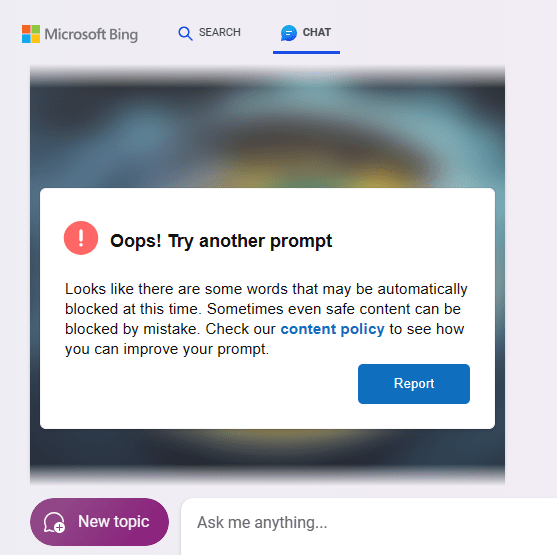In the race to technological supremacy, the world is steadily embracing the wonders of Artificial Intelligence (AI). However, the same marvel that’s driving innovation is also capable of casting dark clouds over the democratic processes. This threat looms large as we approach the 2024 elections, with leaders like Nick Clegg, the former deputy PM of the UK and now a Meta executive, ringing alarm bells.
The AI Safety Summit at Bletchley Park, initiated by Rishi Sunak, was more than just a technological congregation. It was a clarion call to political leaders, tech magnates, and nations, urging them to acknowledge and prepare for the potential misuse of AI in interfering with the upcoming elections. The summit highlighted the quintessential paradox of AI: a tool of immense power, capable of either fortifying or fracturing the democratic fabric.
In a world where deepfakes can tarnish reputations and AI-driven propaganda can skew public opinion, the call for robust regulatory frameworks has never been louder. While the summit fostered discussions around the responsible use of AI, it also underscored the urgent need for a collective, global initiative to curb the menace of AI misuse, ensuring that the road to 2024 is not mired in digital deceit.
Why is the threat large for the elections but not on a daily basis?
The threat of AI interference is considered particularly large for elections due to the high stakes involved and the potential for widespread misinformation or manipulation which could alter election outcomes.
On a daily basis, while the threat still exists, the impact might be less pronounced or systemic. The concern isn’t necessarily indicative of a hidden agenda, but rather an acknowledgment of the significant impact that AI misuse could have on pivotal democratic processes.
Along With Images of Public Figures, There Are Other Restrictions
1) Images of specific public figures, celebrities, or private individuals without their consent.
2) Content that is offensive, harmful, or violates community guidelines.
3) Images that infringe on copyright or intellectual property rights.
4) Anything that promotes misinformation or harmful conspiracies.
5) Explicit, adult, or violent content.
6) Images that could be considered disrespectful to any religion or ethnic group.
Source: https://ca.news.yahoo.com/ai-could-used-interfere-2024-105227143.html.



